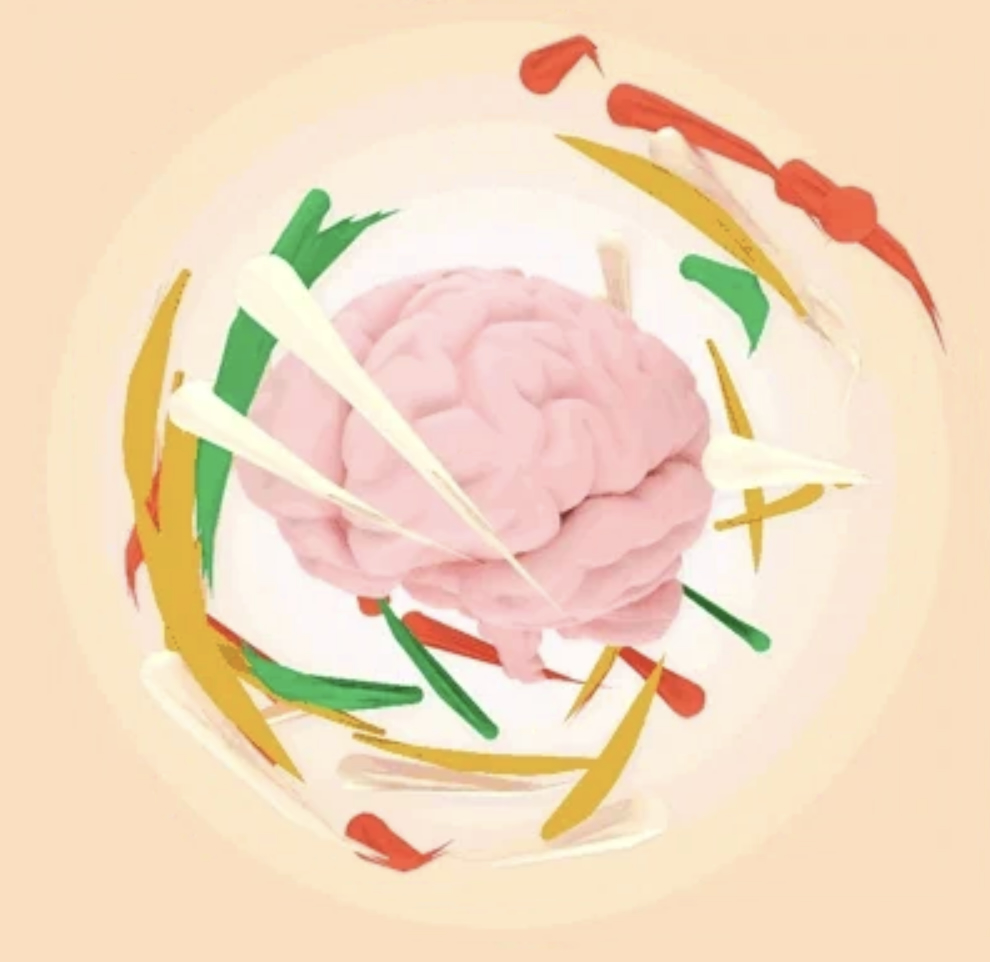While ADHD is primarily a neurological condition, there’s a growing body of research showing that nutrition can influence brain function, neurotransmitter activity, and inflammation — all of which can affect ADHD symptoms.
This is great news!!! Especially considering that nutrition itself is one of the most common struggles those with ADHD have – being consistent with good nutrition, that is 😳
If you’re struggling with eating well consistently and often have that dreaded (and proven ineffective) all-or-nothing mentality when it comes to your diet – nutrition is the very thing that can help you dial in your nutrition – psych!!!
Below are the very foods that science has shown improves brain health and reduced ADHD symptoms.
Think of them not as a cure, but as powerful tools that can support focus, mood, and behavior when used alongside other treatments.

Here’s how the science breaks it down by nutrient:
🧠 Omega-3 Fatty Acids (EPA & DHA)
-
What they do: Support brain structure, reduce inflammation, and boost dopamine signalling — all critical for attention and mood regulation.
-
The research: Children and adults with ADHD often have lower omega-3 levels. Supplementation (especially high EPA formulas) has been shown to improve attention, reduce impulsivity, and support emotional regulation.
-
Found in: Fatty fish (salmon, halibut, sardines, trout); also plant based: chia, flax and hemp seeds, seaweed, algae oil, walnuts, edamame beans
🌾 Iron
-
What it does: Key player in dopamine production — a neurotransmitter that’s typically dysregulated in ADHD.
-
The research: Low iron levels (even without anemia) are linked to worse ADHD symptoms. Some studies show that supplementing iron (especially ferritin under 30 ng/mL) can improve symptoms, particularly attention and hyperactivity.
-
Found in: Red meat, lentils, spinach, pumpkin seeds. Always test levels before supplementing!
🥚 Zinc
-
What it does: Helps regulate dopamine and supports over 100 enzyme systems in the body, including those involved in brain signaling.
-
The research: Zinc deficiency is more common in kids with ADHD. Supplementation has been linked to improvements in impulsivity and social behavior.
-
Found in: Meat, shellfish, nuts, seeds, whole grains.
🧀 Magnesium
-
What it does: Calms the nervous system, supports focus, and helps regulate neurotransmitters.
-
The research: Low magnesium can contribute to restlessness, irritability, and inattention. Supplementing can be helpful — especially for kids with sleep or anxiety-related symptoms.
-
Found in: Dark leafy greens, almonds, black beans, avocados.
🥕 Vitamin B6 (and other B vitamins)
-
What they do: B6 helps make serotonin and dopamine — crucial for mood, focus, and emotional regulation.
-
The research: B-vitamin deficiencies (especially B6, B12, and folate) may impact mood and cognitive function in ADHD. Supplementing may be helpful if intake is low or needs are higher.
-
Found in: Bananas, chickpeas, poultry, whole grains.
🍭 Bonus: Blood Sugar Balance
-
Why it matters: Big spikes and crashes in blood sugar can mimic or worsen ADHD symptoms — think mood swings, irritability, and lack of focus.
-
The research: Keeping blood sugar stable with balanced meals (protein + fat + fiber) helps reduce hyperactivity and improve sustained attention.
-
Try this: Ditch ultra-processed snacks for real-food combos like apples + peanut butter or Greek yogurt + berries.

🧠 The Bottom Line:
Nutrition can’t “fix” ADHD, but it absolutely supports the brain in functioning better — especially when it comes to mood, focus, and managing emotional ups and downs. Think of it as setting the stage for the brain to perform at its best. Supplements may help, but starting with whole food, nutrient-rich meals is the most powerful and sustainable foundation and will likely improve the efficacy of your medication .


